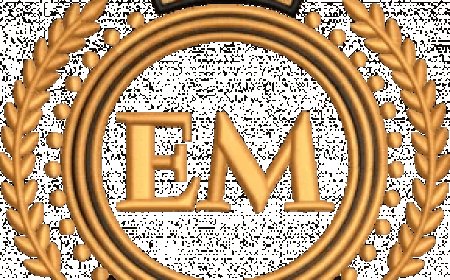How to Crack the Docker Interview for Freshers: A Comprehensive Guide

How to Crack the Docker Interview for Freshers
In the competitive world of software development, cracking the Docker interview for freshers is a significant milestone. Docker has become a crucial tool for developers and DevOps professionals, making it essential to grasp both fundamental and advanced concepts to succeed in a Docker interview. This guide aims to provide you with all the necessary knowledge and strategies to ace your Docker interview questions as a fresher.
Understanding Docker
What is Docker?
Docker is an open-source platform designed to automate the deployment, scaling, and management of applications within containers. Unlike traditional virtual machines, Docker containers are lightweight, efficient, and can run on any system that supports Docker.
Why Docker is Important
Docker revolutionizes the way applications are developed and deployed by ensuring consistent environments across various stages of development. It simplifies dependency management, enhances security, and facilitates microservices architecture, making it indispensable in modern software development.
Essential Docker Concepts for Freshers
Containers vs. Virtual Machines
A common topic in a Docker interview for freshers is the distinction between containers and virtual machines. Containers virtualize at the OS level and share the OS kernel, leading to better performance and efficiency. Virtual machines, on the other hand, virtualize hardware and include an entire OS, making them heavier.
Docker Images and Containers
Docker images are templates used to create containers. They contain the application's code, runtime, libraries, and settings. Containers are instances of these images, running in isolated environments.
Common Docker Interview Questions for Freshers
Basic Questions
-
What is Docker, and how does it differ from traditional virtualization?
-
Explain the lifecycle of a Docker container.
-
What is a Dockerfile, and how is it used?
-
How do you create a Docker image?
Intermediate Questions
-
What are Docker volumes, and why are they used?
-
How does Docker networking work?
-
Describe a scenario where Docker Compose would be useful.
-
What is Docker Swarm, and how does it facilitate container orchestration?
For more in-depth questions, refer to docker interview questions for experienced.
Technical Skills and Tools You Need
Command Line Interface (CLI) Proficiency
Being proficient with Docker's CLI commands is crucial. You'll need to know how to build, run, and manage containers and images using commands like docker build, docker run, and docker ps.
Docker Compose
Docker Compose is a tool that allows you to define and run multi-container Docker applications. Familiarize yourself with docker-compose.yml files and commands like docker-compose up and docker-compose down.
Practical Docker Experience
Building and Running Your First Docker Container
To gain hands-on experience, start by building a simple Docker container:
-
Write a Dockerfile: Create a file named Dockerfile with instructions for building the container.
-
Build the image: Use docker build -t myapp . to build your image.
-
Run the container: Execute docker run -d -p 8080:80 myapp to run your container.
Working with Docker Hub
Docker Hub is a cloud-based registry that allows you to share your Docker images. Learn how to push and pull images from Docker Hub using commands like docker push and docker pull.
Preparing for the Docker Interview
Study Resources
Utilize resources like Docker's official documentation, online tutorials, and courses. Websites like ScholarHat offer valuable insights and practice questions.
Mock Interviews
Engage in mock interviews to simulate the real interview environment. Practice explaining Docker concepts clearly and concisely, and prepare to answer both technical and behavioral questions.
Advanced Preparation Tips
Understanding Docker Networking
Docker networking is a key topic in interviews. Study the different networking modes (bridge, host, overlay) and understand how containers communicate with each other and with external networks.
Security Considerations
Security is critical in Docker environments. Be prepared to discuss best practices for securing Docker containers, including user namespaces, image scanning, and managing secrets.
Interview Day Tips
Presenting Yourself
Arrive early, dress appropriately, and bring necessary documents. Make a positive impression by showing enthusiasm and a willingness to learn.
Answering Technical Questions
When answering technical questions, explain your thought process clearly. If you're unsure about an answer, it's better to admit it and explain how you would find the solution rather than guessing.
Post-Interview Strategies
Follow-Up
Send a thank-you email to the interviewers, expressing appreciation for the opportunity and reiterating your interest in the position.
Learning from Feedback
Regardless of the outcome, seek feedback on your performance. Use this feedback to identify areas for improvement and refine your skills for future interviews.
Conclusion
Cracking the Docker interview for freshers requires a solid understanding of Docker concepts, hands-on experience, and effective interview preparation. By following the strategies outlined in this guide, you'll be well-equipped to navigate the interview process and secure a position in the competitive field of software development. Whether you're building your first container or mastering Docker networking, every step you take brings you closer to your goal.
What's Your Reaction?













![Prima Ease CBD Gummies [I've Tested] TRUTH EXPOSED!](https://news.bangboxonline.com/uploads/images/202412/image_430x256_6766ac778f8ee.jpg)





